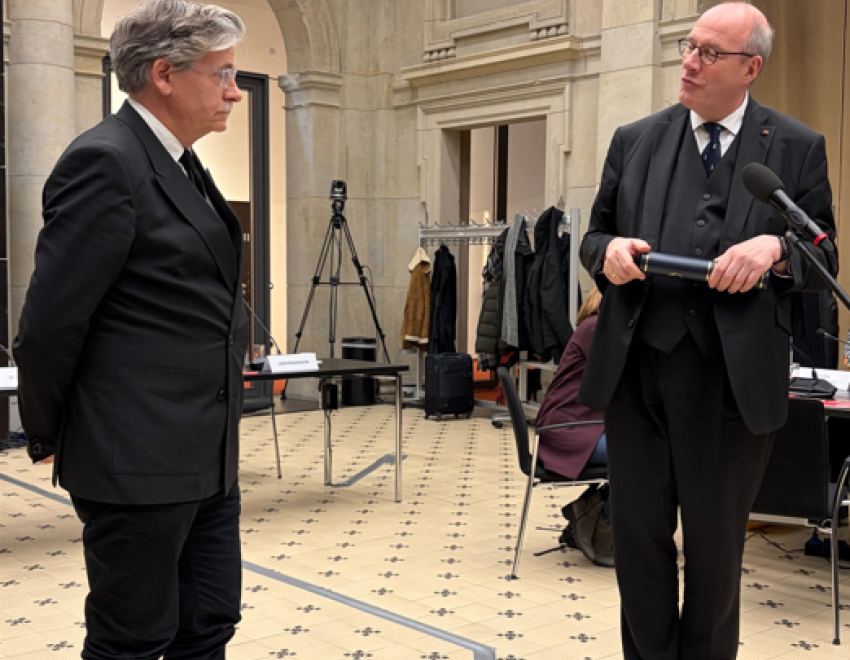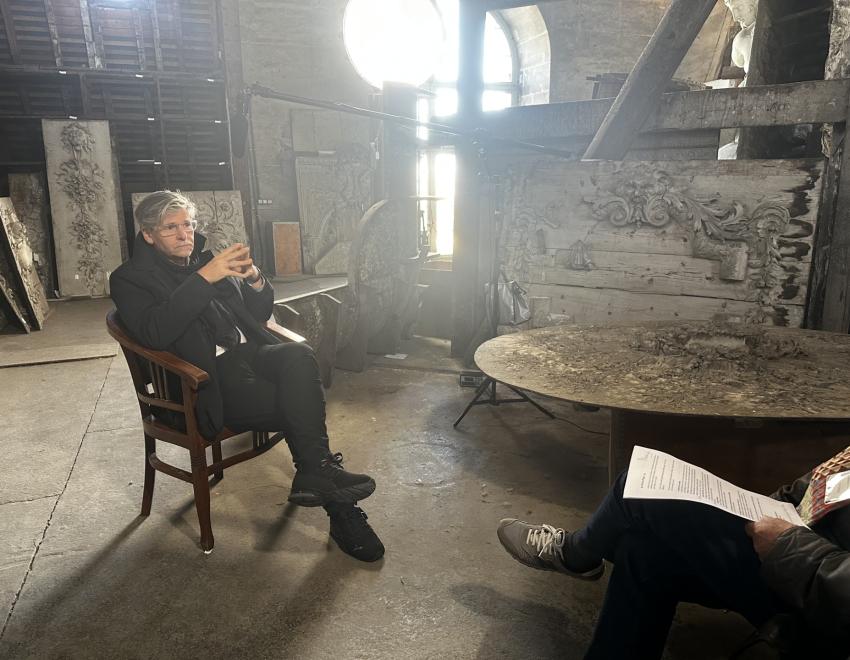
Taken from the southeast corner of the roof of Booker T. Washington High School, this panorama shows much of the damage within a day or so of the riot and the burning.
Unknown photographer, “Panorama of the ruined area.,” Tulsa Race Riot Photographs, accessed June 2, 2020, https://tulsaraceriot.omeka.net/items/show/25.
June 1, 2020, was Princeton’s Class Day. It was also the 99th anniversary of the Tulsa Race Massacre of 1921. Sophia Taylor, a graduate in the Princeton Class of 2020, wrote her senior thesis in Politics, with a certificate in African American Studies, on this event and its aftermath. She shared her thoughts on its role in the traumatic and continuing history of racial oppression in the United States.
An America that asks what it owes its most vulnerable citizens is improved and humane. An America that looks away is ignoring not just the sins of the past but the sins of the present and the certain sins of the future.
Ta-Nehisi Coates
The Tulsa Race Massacre of 1921 happened 99 years ago today [June 1]. This demonstration of white mob violence, which stole the lives and legacies of hundreds of black Americans, was officially deemed a “race riot” in the days following the total devastation of Tulsa’s Greenwood District or “Black Wall St.” For decades after, a deliberate silence was adopted by state and local officials, effectively erasing this history of early black prosperity, targeted violence, and immense loss.
After spending a year researching the events of the Tulsa Massacre, I cannot contain my frustration and repulsion at seeing the same selective extensions of the law and protections of the law, “justifications” instrumentalized to avoid denouncing racist attacks, and criminalization of black individuals, which once supported the destruction of Greenwood, still being upheld and legitimized in 2020.
Black lives matter. Seeking reparative justice for survivors of historic injustice and their descendants matters. And recognizing the enduring nature of past injustice matters to acknowledging and fully addressing the present injustice we face.




